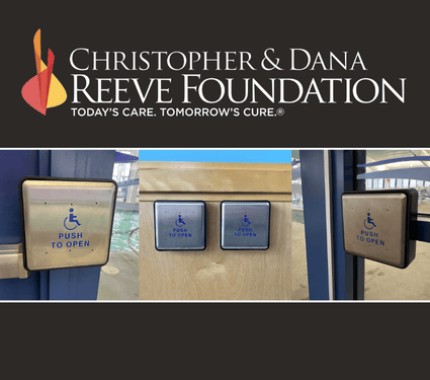The Upper Valley Aquatic Center, a non-profit organization, will deliver a diverse range of high-quality aquatic and fitness programs accessible to all members of the Upper Valley community. We promote fitness and wellness programs; as well as aquatic competition, education and safety.
Enjoy a fitness center, 2 pools & splash park…
Aquatic classes, lessons, lifeguard training, swim…
Get the benefits of Membership for a day.
State-of-the-art fitness center, affordable…
Our Impact

14
children received scholarships to attend Splash Camp

49
families received memberships through our Financial Aid fund

6
swim team scholarships went to UVAC swimmers
Creating Partnerships
UVAC's impact thrives through the support of our corporate sponsors. Their partnership enables us to enhance community programs, foster growth, and create lasting positive change. Together, we make a difference in shaping a stronger, more vibrant community for all.
Latest News
Stay up-to-date on the happenings in your community.



What Our UVAC Community Is Saying
At Upper Valley Aquatic Center, the true measure of our success is the positive impact we have on the lives of our members. Read on to hear from our community members about their experiences and how being part of our center has made a difference in their lives.


Upcoming Events







